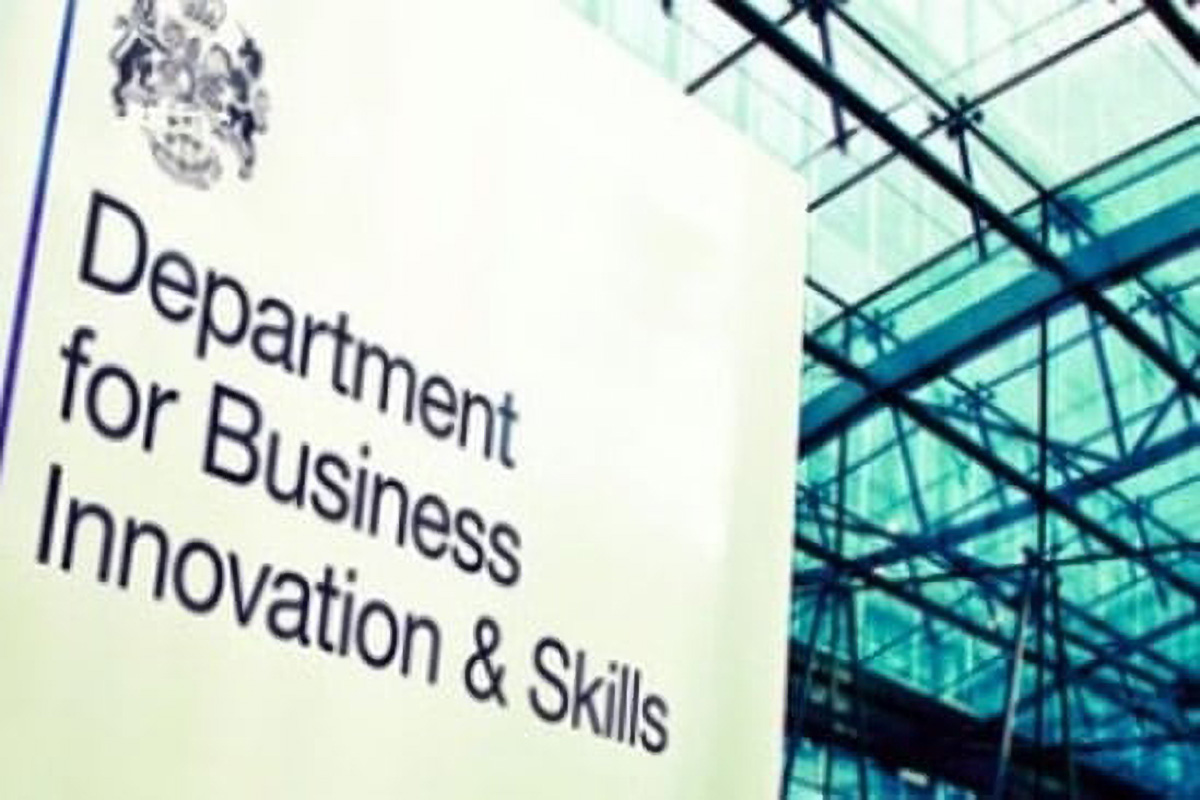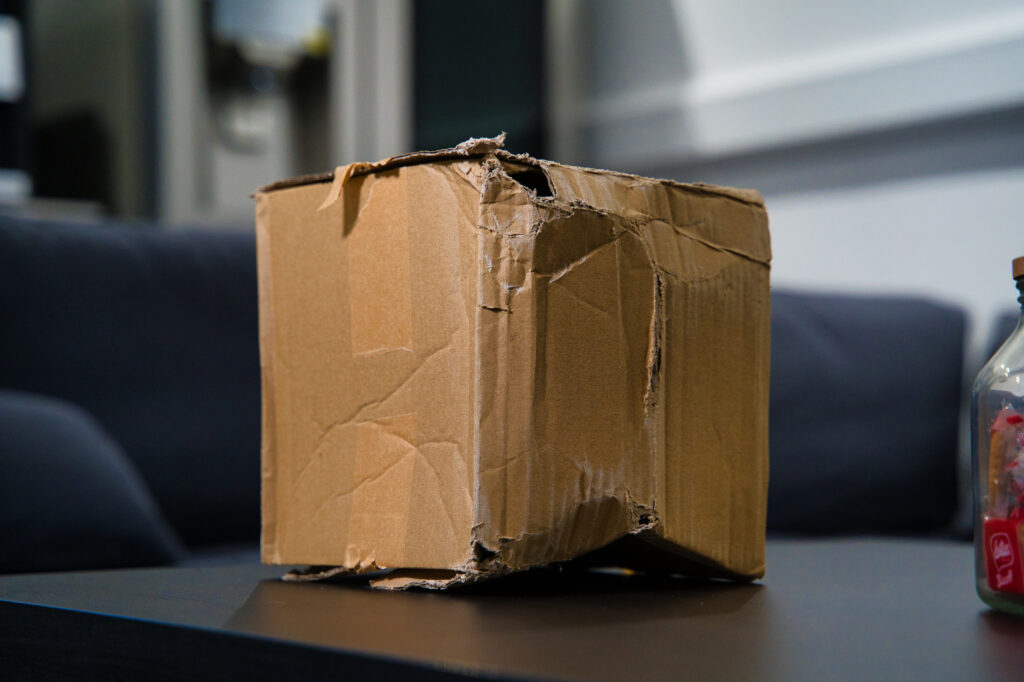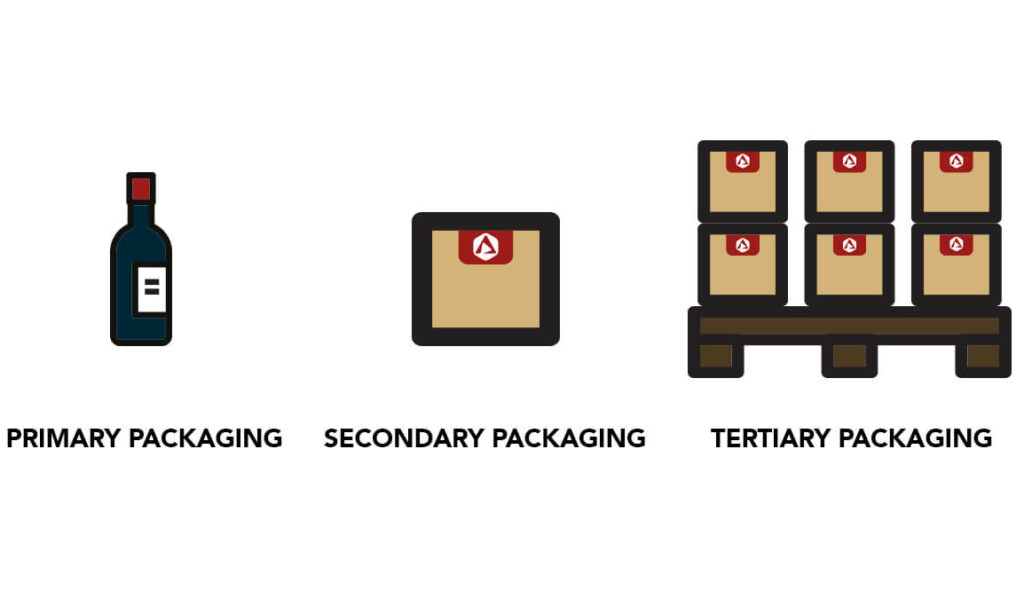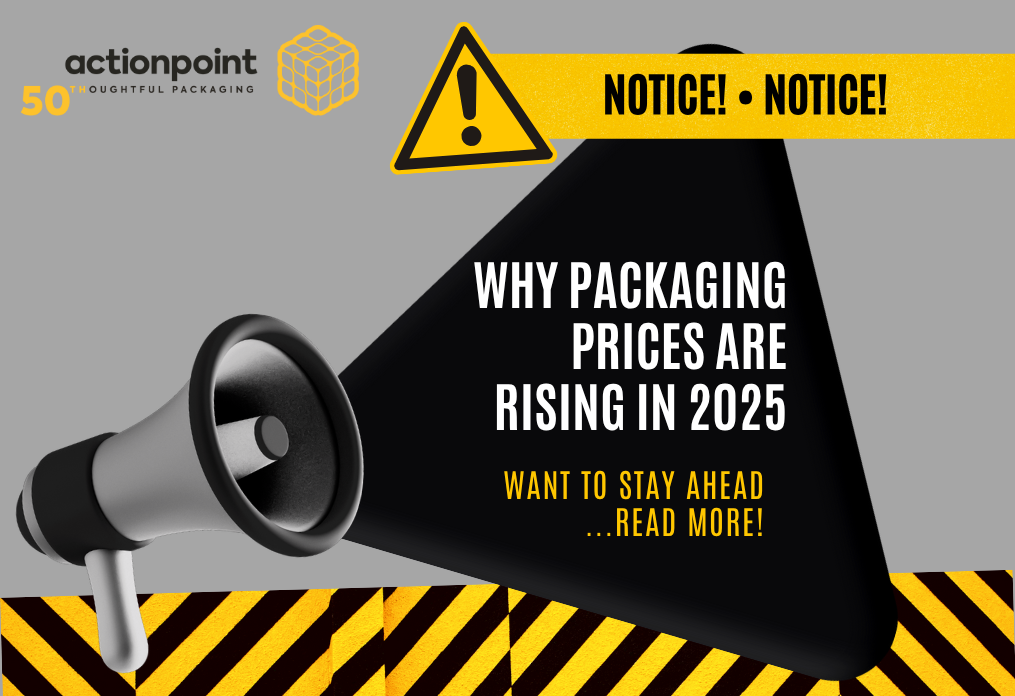The government has announced up to £60m in new funding for packaging, including potentially transforming food scraps into plastic bags.

The Department for Business, Energy & Industrial Strategy wants to be a front runner in development of sustainable packaging.
Smart labels on packaging could end confusion over what rubbish goes in which recycling bin and sustainable packaging with a living sell-by-date could show consumers when food is going off to reduce food waste
One initiative is to assess the viability of household food scraps being transformed into environmentally-friendly plastic bags and cups.
New forms of packaging and plastic will also be looked into to move away from oil-based plastics – made from farming, food and industrial waste, like sugar beet, wood chippings and food waste.
The investment is subject to industry entering into partnership with government and providing significant co-investment to this challenge.
Claire Perry, energy and clean growth minister, said: “Finding innovative solutions to tackle our use of harmful plastics which blight our land and seas is a major global challenge, and opportunity – one our nation of researchers and innovators is fit to seize.
“Today’s funding and sector strategy enhances our position as a global leader on improving our environment and tackling climate change. It will make us a beacon for design, manufacturing and exporting of sustainable plastics and environmentally-friendly replacements for polluting products as we move to a greener, cleaner economy – a key part of our modern Industrial Strategy.”
Source: Packaging News




